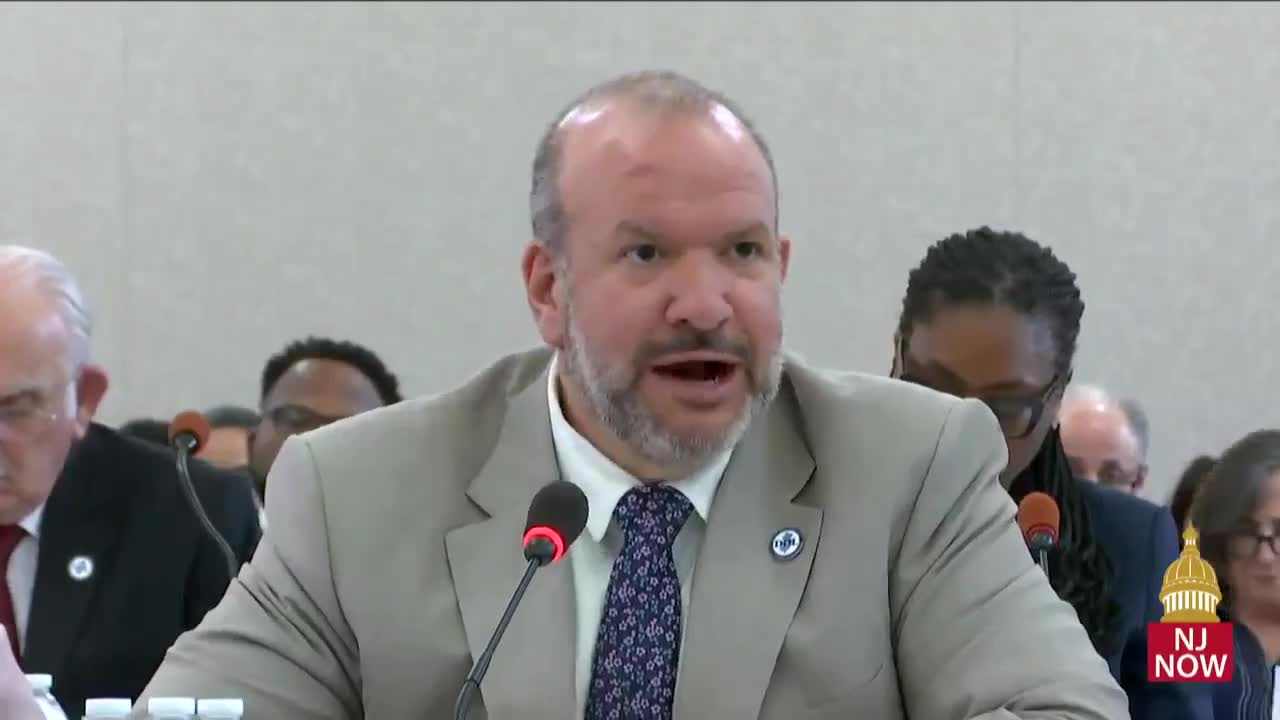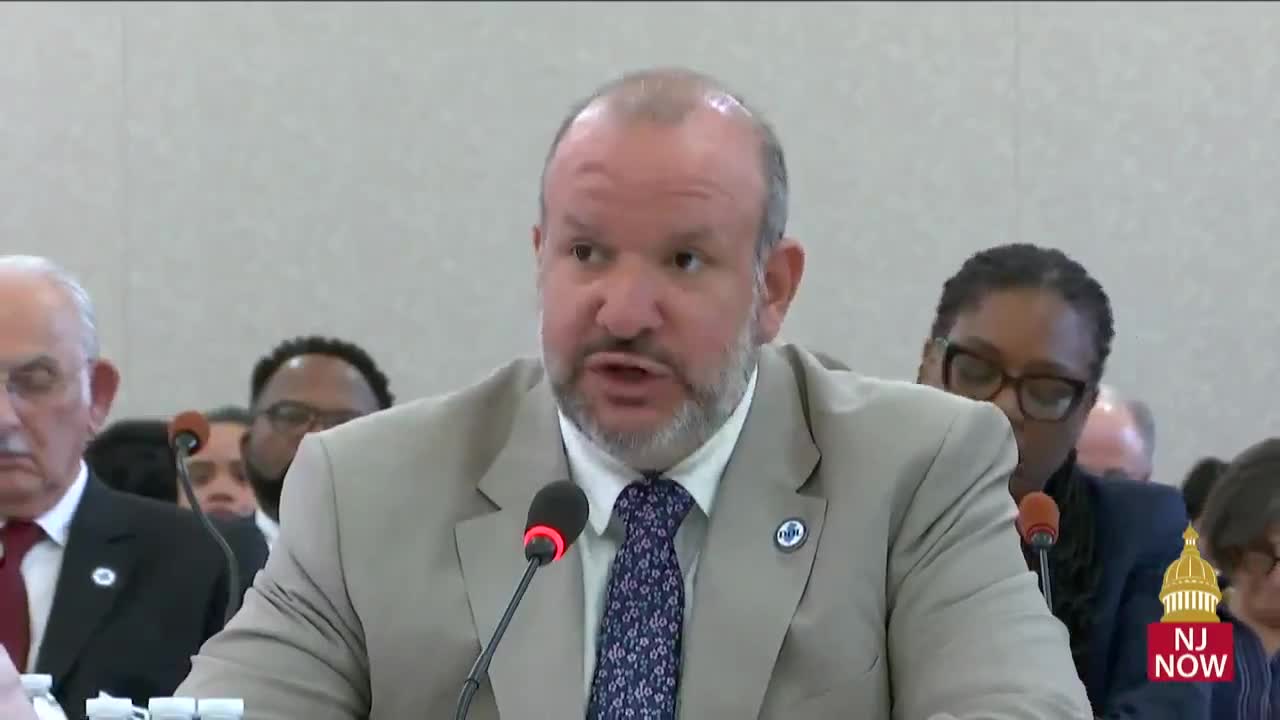Article not found
This article is no longer available. But don't worry—we've gathered other articles that discuss the same topic.

Senators press commissioner on proposed cuts to extended-employment funding for people with disabilities

N.J. labor agency cites apprenticeship growth, new career hub and paid-internship rules

Committee hears details on governor's proposal to fully supplement state employees' family leave pay

N.J. unemployment trust fund rebuilt; modernization and fraud units cited for faster service

